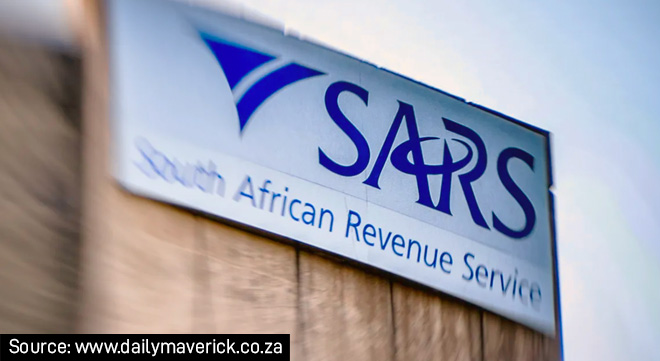The South African Revenue Service (SARS) has warned taxpayers to declare their crypto asset holdings and trades on their tax returns because the revenue collection agency is ramping up enforcement in this space.
SARS said in a statement yesterday there has been “phenomenal growth” in the use of digital currencies, and more than 5.8 million South Africans hold a crypto asset.
It is concerned that crypto assets and trades are not being declared on tax returns.
SARS is legally obliged to account for any income or assets held by taxpayers and has previously invited crypto exchanges and those involved in trading or holding crypto assets to disclose their activities voluntarily.
As a follow-up, SARS said it will be including crypto assets in its compliance programmes. Consequently, SARS is engaging with the FSCA about providing information on registered crypto asset service providers. SARS is also receiving information directly from local exchanges.
SARS highlighted that, through multilateral agreements, it is exchanging information with other tax authorities globally.
“The provision of offshore crypto accounts will be the subject of a multilateral agreement to be signed by ministers of finance in November 2024, which will catalyse the cross-jurisdictional exchange of such information in respect of South African taxpayers.”
SARS said it is “working assiduously” to make it easy and simple for taxpayers and traders to seamlessly comply with their tax obligations. On the other hand, it is a “strategic objective” to make it hard and expensive for those who are wilfully non-compliant. “These efforts are intended to support our strategic intent of fostering a culture of voluntary compliance.”
In addressing crypto compliance, SARS said it is increasing the capability of its audit teams to support enforcement. SARS is also making greater use of artificial intelligence, machine learning, and algorithms.
SARS said it recently issued “query letters” to taxpayers with crypto assets. These letters aim to gain an insight into taxpayers’ investments in crypto assets and the trades undertaken, to enable SARS to assess taxpayers’ compliance.
It said taxpayers who could potentially be affected and are concerned about their crypto asset compliance should avail themselves of the Voluntary Disclosure Programme (VDP).
The VDP has strict conditions, one of which is that taxpayers must approach SARS first. Once SARS has identified a taxpayer for audit, he or she is precluded from applying for the VDP.




SARS has no say over crypto and people will be stupid to comply